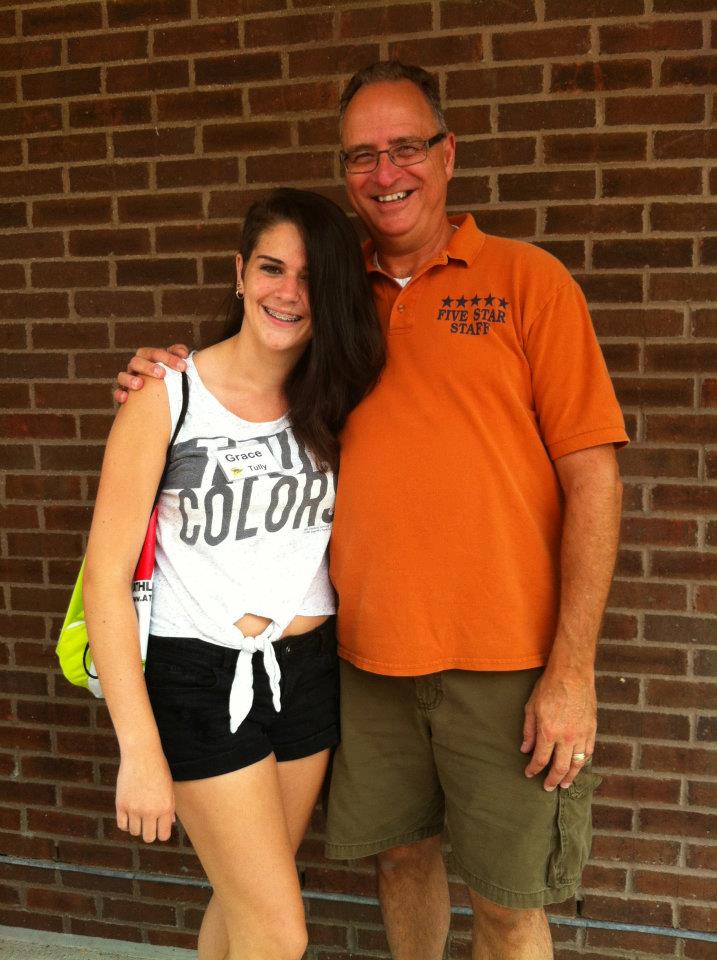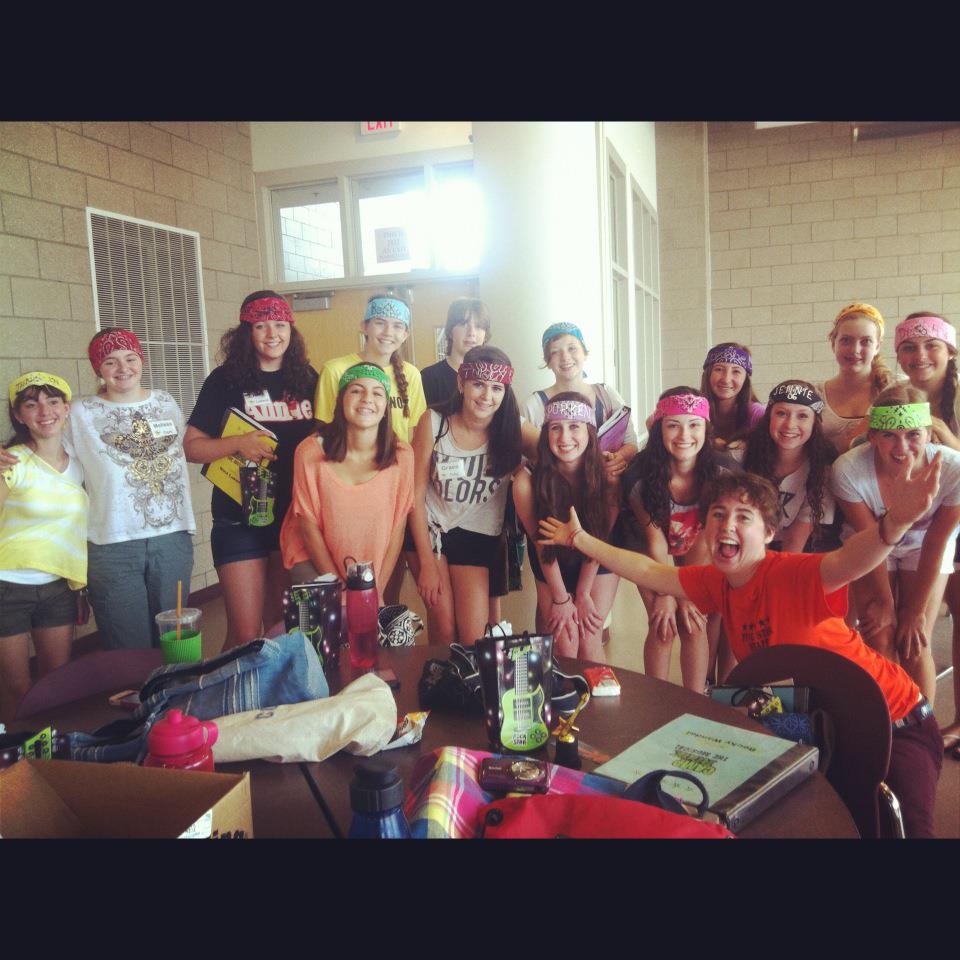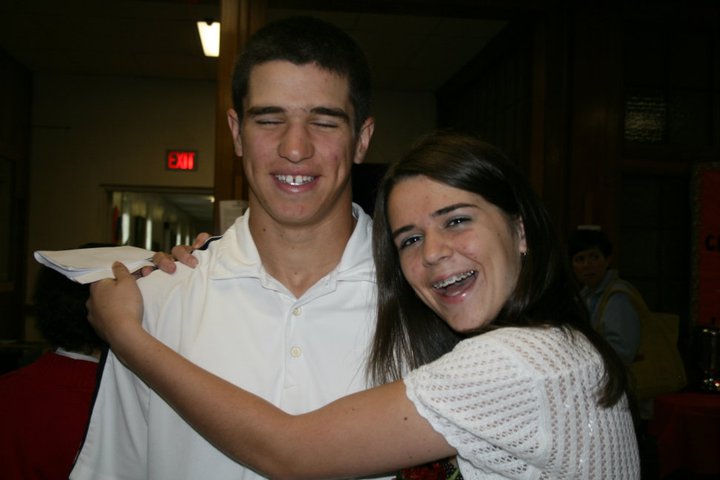Humanity is defined by our ability to communicate, to speak. Our voices are the encapsulation of that paradoxical duality of physicality and insubstantiality that echoes through our lives: words can bridge the dichotomy between the tangible and the transient, the visceral and the ethereal, the enduring and the evanescent. The voice is essential to the human experience, and yet the accessibility of language is limited. It has been suggested that writing about gender is easier for people like me because we “know what it means” to be a woman—but how could I know what “being a woman” entails, when a vivid commercial culture of tabloids, magazines, and pornography, which turned the female body into the West’s most popular commodity, has only ever taught me what a woman is supposed to be? When the topic of gender is at hand, the sole advantage of being a woman is my ability write about my own subverted humanity.
For as long as I can remember, men have defined my femininity by the flesh that they desired, not the words they heard me speak. I knew I had become a woman when their eyes began to crawl across my adolescent body, when my organs became fit to bear their children, when evidence of a newfound usefulness left my fingertips dripping crimson. My voice was rendered inconsequential by the cultural fixation upon that which is physical, exploitable—after all, a woman’s body is commodified at the necessary expense of her voice.
“More guys would be into you if you aren’t so opinionated.”
“You’re not one of those crazy feminists, are you?”
“This is why people don’t like you: why can’t you just stop talking for once?”
These sentiments had followed me for as long as I could remember, expressed by my family, my friends, and myself. But in my freshman year of high school, as I began the painful transition from awkward child to young adult, they suddenly meant something more. A thriving social gossip sphere did little to help: every rumor you heard about me, I heard too. I was asked if I was a lesbian, if I even identified as a female: because what else could they see in me? What else could I be but what they had already made of me? How could a girl—no, a woman—dare to exist outside of the binary, predetermined boxes I was destined to curl up in? I overheard it all, watching as if from a distance until, unable to cope with the constant feeling of being completely unwanted, I yielded to the belief that my body was worth more than my beliefs, and accepted their words as punishment for having dared to speak out in the first place.
As I spoke less and less, self-hatred crept into the emptiness where my voice had been. Militant Feminist, Annoying Bitch—I became indifferent to the names I heard myself called. It did not matter that none of them were true: the words of others were defining me as I slowly learned to be silent. When apathy grew tiresome and I needed to feel again, I turned against my own flesh. I remember the blood as it dried beneath my fingernails, my mind incessantly demanding the impersonal, the unanswerable—what was wrong with me? Why was I not pretty? Would they like me if I were? I smeared makeup on my face every morning until I felt ready to step outside, and lived on coffee and cigarettes in order to shed that next ten pounds, as with each tedious fumbling in the back seat of a car and every bite of a razor against my hated skin, my silent pursuit of acceptance destroyed the person I had been.
A teacher once told me that tragedy is the collapsing of time, and I did not believe her until I had watched seventeen years of my life crumble inwards. But as I lost my voice I lost my humanity, and I knew that what she had told me was true. I learned the innate and strangely visceral terror of isolation, and I learned what it meant to seek acceptance, no matter the cost. I found myself shackled to circumstances I had simultaneously created and despised, until the loss of my voice simply became a single story repeated a thousand times: everywhere and all at once. I was called a militant feminist —and so maybe I became one. Perhaps the tragedy of the human condition is that we manifest ourselves.
Nevertheless, every action has its antithesis, and maybe a voice can be found once the body is reclaimed. So on an otherwise indistinguishable evening in the early summer, armed with a pair of kitchen scissors and a year’s worth of self-loathing to forget, I strode into my bathroom and severed, once and for all, whatever societally induced relationship might have existed between my appearance and my worth. I sought to find myself again in the tendrils of hair that spilled down into the sink, the cold metal that nicked at my scalp, and the sensation of running my fingers across the newly shorn right side of my head. I was finally laying a claim to the body I had spent my life resenting: it was the reclamation of my sanity, my vitality, and my right to speak.
In our culture every woman’s body is public property. Even if we are not bought and sold, we are regularly fetishized, and objectified. We are labeled slut or prude, social climber or bitch, and more importantly, we are taught not to speak out against it. It is not just an insult or an assumption: we live in a world where the words of others are more powerful than our own actions, and so they become, inevitably, a part of our identity. So go ahead, tell me that I am overreacting: but so long as my body is the property of whoever runs their hands across it, I am not equal, and I am not free. I am shackled to the shame of it, disgusted by my own indifference to the names that I am called.
This is a love song to the women who speak unapologetically, and a eulogy for the girl I used to be. For although she never knew what she was worth or what she would become, the absence of her voice still stitches through the fabric of my reality. This is a condemnation of the culture that nearly destroyed me, and perhaps more than anything, it is an apology to myself.
Because on that rainy night in April, when I found the pair of scissors in my kitchen drawer, I left behind me, in a damp bathroom sink, countless years of self-loathing, loss of identity, and having my gender stripped from me time and time again. And as I took back my body from the ruthless eyes and words of the people who did not want my voice to cause them inconvenience, who wanted me to be silent, I promised myself that maybe I would never be loved, but at least I would be heard.
I wonder if anyone is listening.




Recent Comments